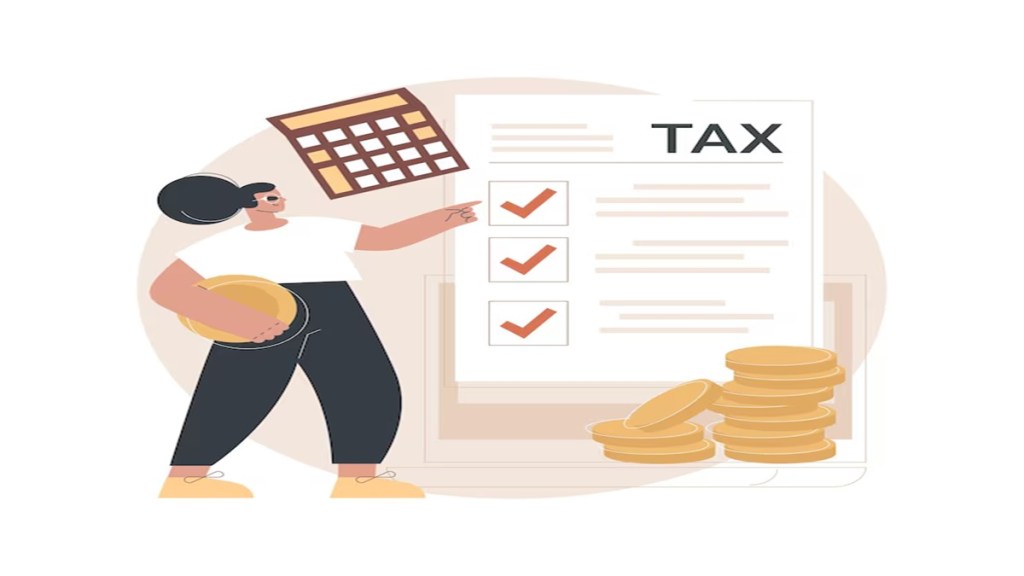July is the month when most salaried taxpayers pay their taxes as most companies give Form 16 to their employees in the last week of June or the first week of July. Alongside Form 16, taxpayers need to have other key documents like Form 26AS, Annual Information Statement (AIS), Tax Information Statement (TIS), bank statements and interest certificates with them for filing of tax returns. Once you organise these documents and get ready for tax return filing, the next task is to find a right ITR form for which you are eligible. The Income Tax Department has notified 7 forms – ITR-1 to ITR-7, for the tax return filing for the financial year 2023-24.
While filing an Income Tax Return (ITR) form, taxpayers declare their income, investments, tax deductions & exemptions and taxes. Under the Income Tax Act, 1961, if an individual’s earning is more than the basic exemption limit, the person is mandated to pay an income tax. Filing an ITR also helps in other purposes; so even if your income is not taxable because it falls under basic exemption limit, it is advisable to file an ITR. The filing of a tax return allows one to carry forward losses to next fiscal years and claim a tax refund. ITR filing can also come handy in obtaining a visa, securing loans from banks, and getting a term insurance.
Also read: ITR Filing: 10 things you need to know before filing income tax return
E-filing is the process of submitting your tax return and completing all tasks digitally. To e-file a tax return, a taxpayer can access the new income tax portal with PAN-based login credentials and utilize various features that simplify his or her tax filing process.
Anitta Babu, Co-Founder, Digital Suvidha, shares steps on how to e-file ITR on income tax portal:
Step 1:
-Log in to visit the official income tax e-filing website and click on ‘Login’.
-Enter your PAN in the User ID section.
-Click on ‘Continue’ and enter your password.
-Click on ‘Continue’ to log in.
Step 2:
-Go To ‘File Income Tax Return’
-Click on the ‘e-File’ tab > ‘Income Tax Returns’ > ‘File Income Tax Return’.
Step 3:
-Select the Right ‘Assessment Year’
-Select ‘Assessment Year’ as ‘AY 2024-25’ if you file for FY 2023-24. Use the mode of filing as ‘Online’. Select the filing type as either original return or revised return.
Also read: ITR Filing for FY2023-24: Key documents required for filing income tax returns
Step 4:
-Select the Status
-Select your applicable filing status: Individual, HUF, or Others. For most people, select ‘Individual’ and ‘Continue’.
Step 5:
-Select ITR Type
-Now, select the ITR type. Determine which ITR form you need based on your income sources. There are 7 ITR forms, of which ITR 1 to 4 are applicable for Individuals and HUFs.
Step 6:
-Choose the Reason for Filing ITR
-Specify the reason for filing your returns: taxable income above the exemption limit, meeting specific criteria, etc.
Step 7:
-Validate Pre-filled Information
-Validate pre-filled details such as PAN, Aadhaar, name, contact information, and bank details. Review your income, exemptions, and deduction details.
Step 8:
-E-Verify ITR
-The last step is to verify your return within the time limit (30 days). You can e-verify using methods like Aadhaar OTP, EVC, Net Banking, or by sending a physical copy of ITR-V to CPC, Bengaluru.


















